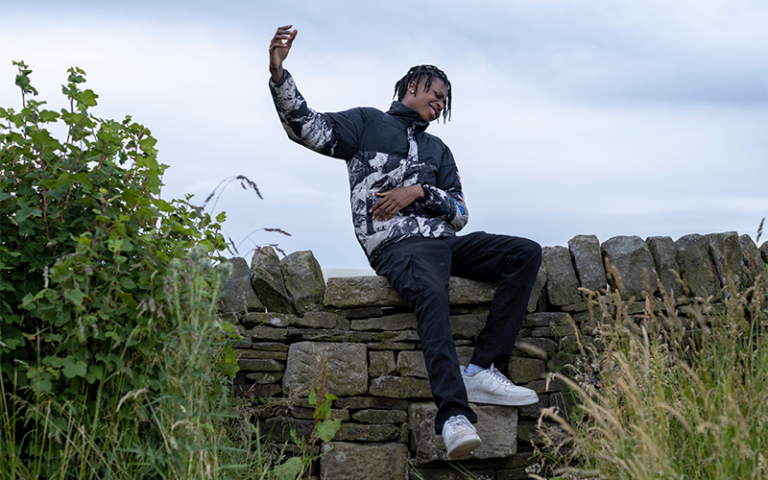Schools are crucial spaces for sustaining or challenging ideas of masculinity
8 November 2022
A new report led by researchers from IOE, UCL’s Faculty of Education and Society builds an intersectional picture of the experience of being a boy in the UK today, and illustrates how notions of gender identity and expression are played out in formal and informal school spaces.

The State of UK Boys report, published by the Global Boyhood Initiative (GBI), contests the notion of a singular view of the experience of boys. Led by IOE academics Dr Sara Bragg and Professor Jessica Ringrose, it builds an intersectional understanding from interviews with experts on gender, masculinities and boyhood and a critical review of sociological literature relating to UK boys aged 4-13 years old.
The report’s findings explore the normalisation of violence and aggression, socioeconomic class and schooling, family and friendships, issues around wellbeing and suicide, and how technology, media and markets have transformed boys' social worlds.
Its authors offer constructive recommendations to transform problematic approaches to gender norms and ideas of boyhood. One such recommendation focuses on centring teaching practice around gender equity rather than only gender equality, and supporting critical reflection on assumed and potentially harmful social norms.
The Global Boyhood Initiative (GBI) is co-founded by Equimundo and the Kering Foundation in partnership with Plan International and global partner Gillette. The report’s authors also include student researchers Sidharth Mohandas (Middlesex University and IOE Master’s alumnus) and Idil Cambazoglu (PhD candidate).
The full findings of the report were launched at an event held today at The Royal Society of Arts. Speakers include Laura Bates, founder of the Everyday Sexism Project, and Ben Hurst, Head of Facilitation at Beyond Equality.
Watch the live stream of the event
Dr Bragg and Professor Ringrose said: “This is an exciting but also challenging time to be considering boyhoods, as the landscape of gender is changing fast. On the one hand ideas of gender and sexual diversity are opening up new conversations, including with boys themselves, about how gender can look and be done differently.
"We have increasing awareness of diversity, and of how factors such as sexuality and gender identity, racism, poverty, inequalities, geography, neurodivergence, faith, schooling and family contexts, all interact to make it impossible to generalise about the experiences of “boys” as a single category. Therefore, we need always to specify “which boys” we are talking about, ensure we are not centring a white, middle-class norm, and avoid stigmatising some groups of boys as “the problem”.
"However, we also face backlash from those who represent white men as victims of social justice and feminist movements as well as those who deny gender-based rights, diversity and inclusion. We need to continue to resist pitting boys against girls, men against women: such oppositions are false, misleading, and unhelpful."
"We argue that more inclusive, diverse and equitable approaches will benefit all young people. The caring and, connected approach for which Equimundo is calling supports gender equity, rights and wellbeing for all children, of all genders.”
Links
- Read the full report
- Read the report (abridged)
- View Dr Sara Bragg's research profile
- View Professor Jessica Ringrose's research profile
- Centre for Sociology of Education and Equity
- Department of Education, Practice and Society
Image
Adobe Stock / Cultura Creative.
 Close
Close

